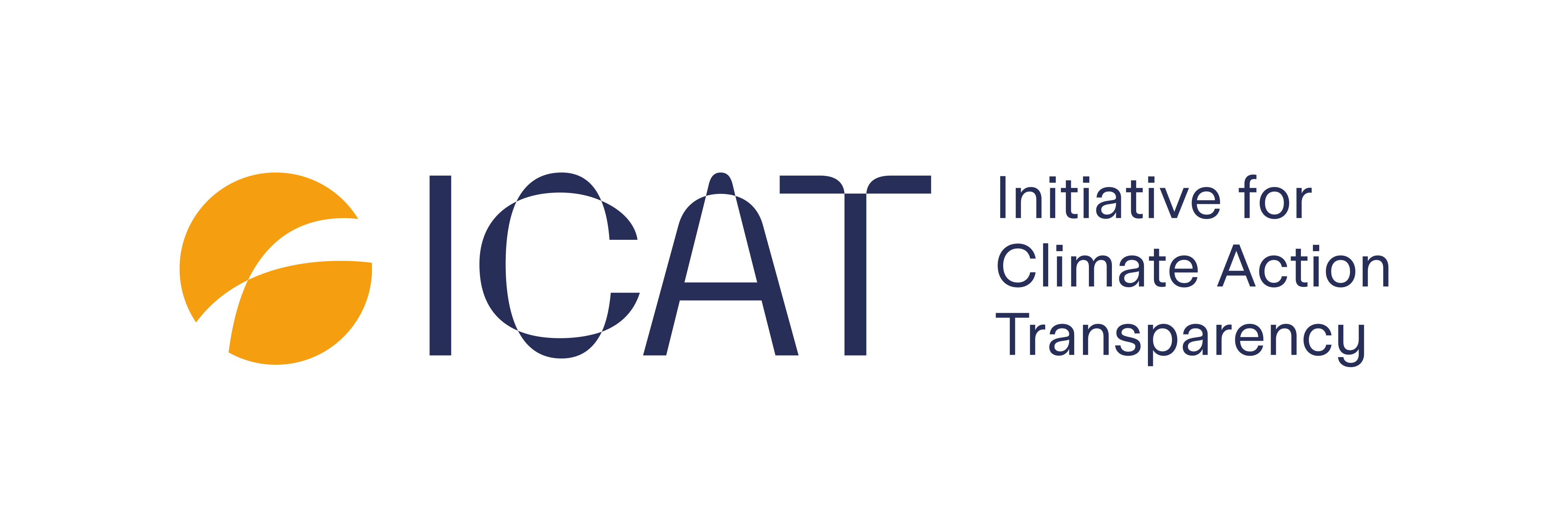There is a need for more tools, methodologies and actions when it comes to transparency in climate change adaptation.
This was one of the main messages coming out of the Initiative for Climate Action Transparency (ICAT) Community Meeting held in Copenhagen’s UN City.
The meeting was co-hosted with UNEP Copenhagen Climate Centre and gathered representatives from more than 25 developing countries (with others joining online) to share their expertise and experiences from implementing transparency initiatives in both mitigation and adaptation.
Focused on countries’ needs for easy-to-use tools to live up to their Paris Agreement reporting requirements, domestic climate action, building trust and accountability, as well as their need for support in using them, the message of greater need for transparency in climate change adaptation was clear.
Data needed for effective climate change adaptation policies
As the effects of climate change are becoming more and more severe around the world, and hitting the poorest and most vulnerable hardest, adaptation is moving up the agenda everywhere.
However, without transparency stakeholder trust in adaptation policies, and the data necessary to build and improve efficient policies will be hard to come by.
ICAT Adaptation provides tools and capacity building to improve monitoring and evaluation of adaptation efforts. These efforts link directly with overall development and climate goals and build trust and enhance accountability of climate actions.
UNEP Copenhagen Climate Centre has been working directly with India, Bangladesh, South Africa, Kenya and the Dominican Republic to increase to set up transparent systems for data collection that can be used to improve policies in agriculture, adaptation finance, loss and damage and early warning systems.
Next steps
A large part of the ICAT Community Meeting consisted of detailed discussions on the future of transparency support. What are the needs and the demands in partner countries, and how can ICAT and UNEP Copenhagen Climate Centre help?
There was a general consensus that, even though the tools and methodologies developed and piloted by ICAT and UNEP Copenhagen Climate Centre are addressing urgent needs for adaptation transparency, there is still much to be done.
Some of the gaps identified were in sectors such health, early warning, and water, where countries need methodologies for transparency in adaptation efforts.
The hope is that the important work on adaptation can continue, to try and meet the large demand for tools, methodologies and guidance on adaptation implementation, and that it can be broadened to include, not least from countries not yet utilizing the ICAT guidance materials.
